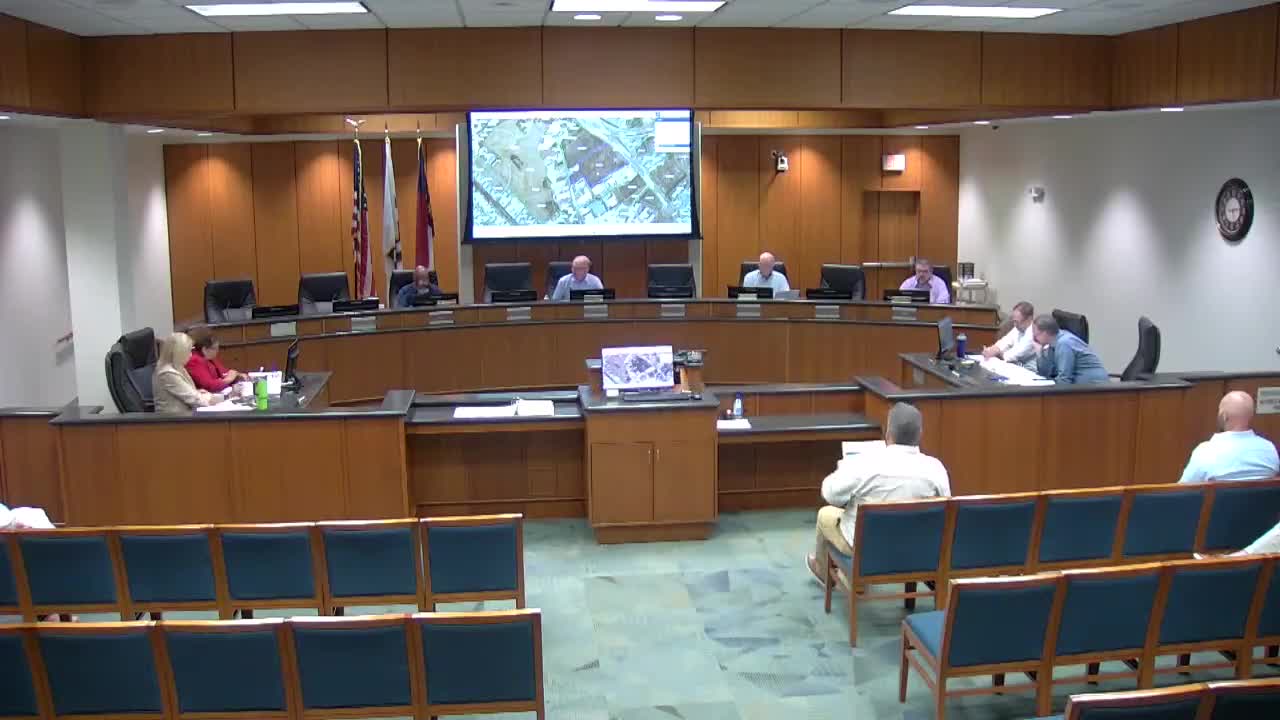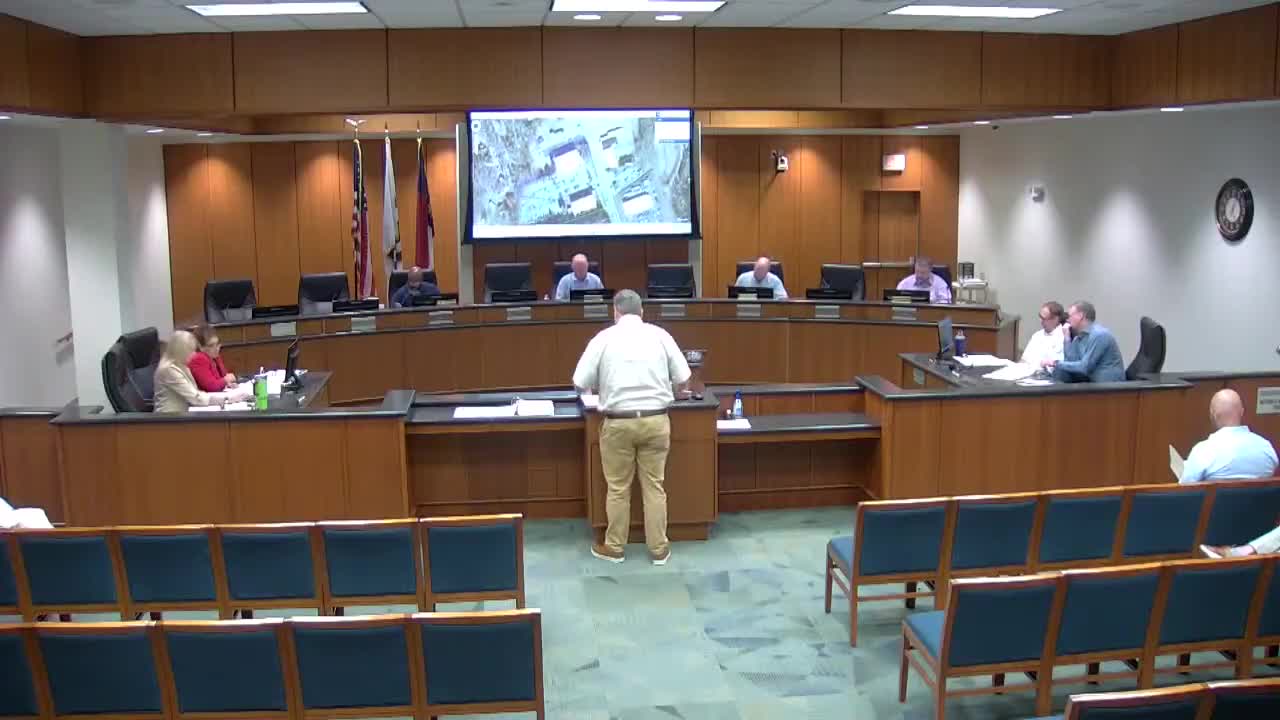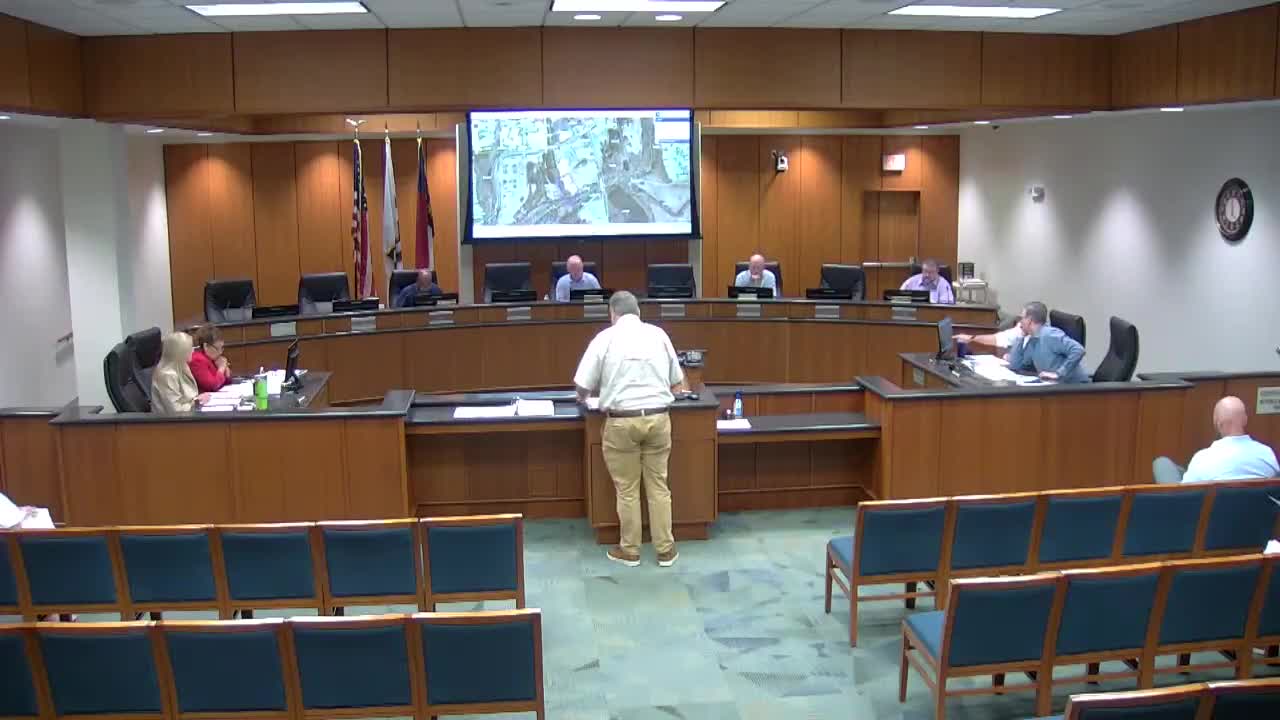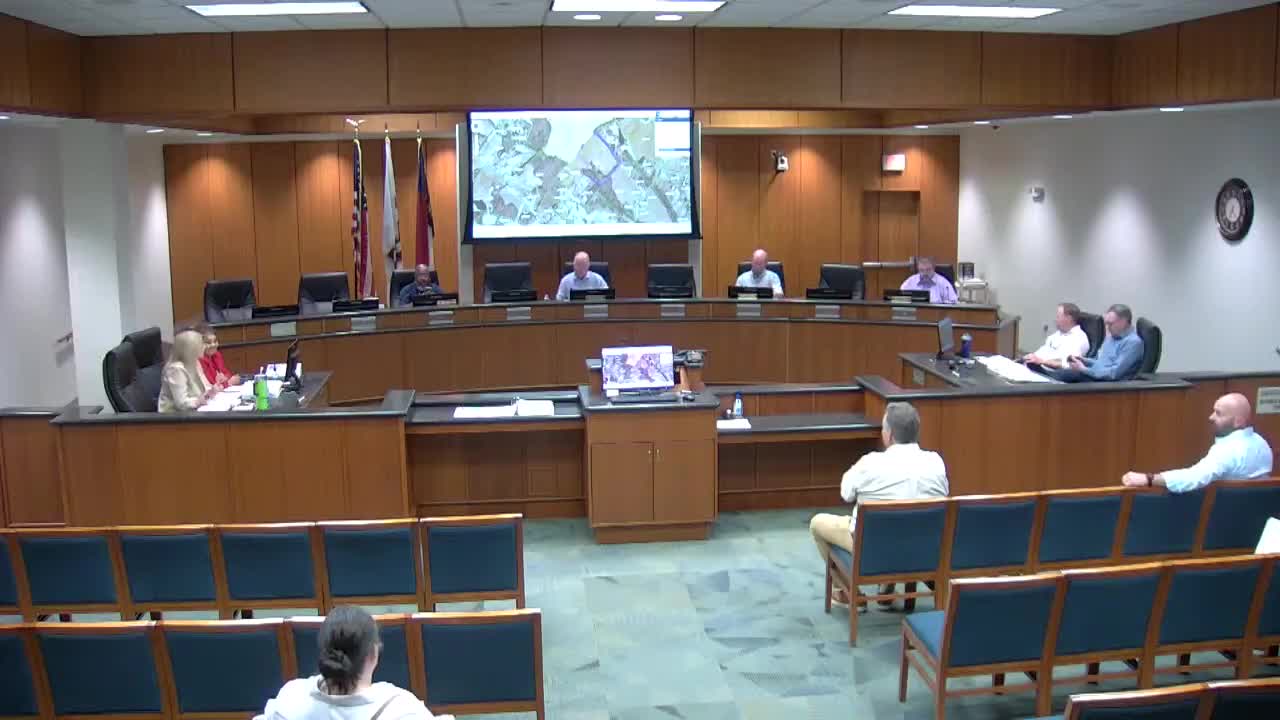Article not found
This article is no longer available. But don't worry—we've gathered other articles that discuss the same topic.

Union County BOE accepts staff recommendations; board notes large adjustment after loss of Highway 74 frontage

County staff says medical office appraisal appears lower than past sale; requests further QA

Union County staff defends 2025 valuation for partially completed mini-warehouse in Waxhaw

